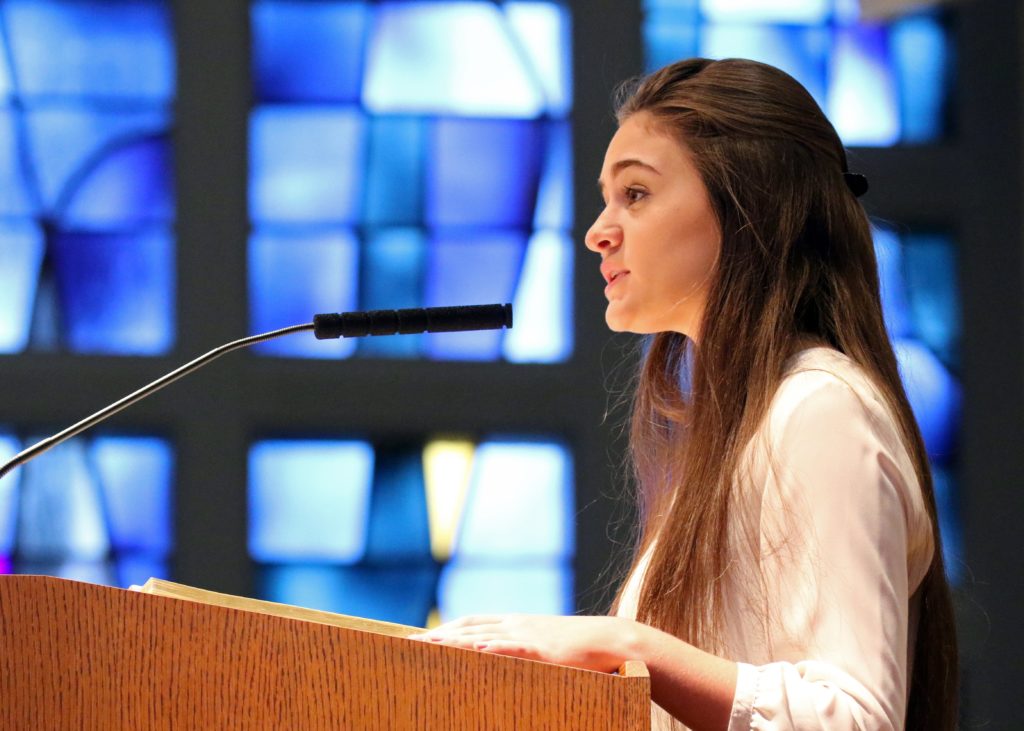The origin of lay ministries
Pope St. Paul VI instituted the so-called "lay ministries" through his motu proprio. Ministeria quaedam (1972). Thus the distinction between minor orders ended (Ostiarius, Lectorate, Exorcised and Acolyte) and major orders (Subdiaconate, Diaconate and Presbyterate) that had existed in the Church for a long time. In doing so, he sought to adapt to the demands of the times, which did not mean breaking with or surpassing the precendent tradition, but rather responding to the challenges of the times, while remaining faithful to the revealed deposit. According to the motu proprio of Paul VI, which was later reflected in can. 230 § 1 of the Code of Canon Law, such ministries were reserved for the male lay faithful.
Distinction between ministries
In the letter of Pope Francis to Card. Ladaria, Prefect of the Congregation for the Doctrine of the Faith, on the occasion of the motu proprio we are commenting on, it is explained that these ministries were reserved only for men since minor orders constituted a path leading to major orders, and since the sacrament of Holy Orders was reserved for men, this also applied to minor orders. However, a clearer distinction between what we know today as non-ordained (lay) ministries and ordained ministries makes it possible to end the reservation of the former to men alone.
Expression of the common priesthood
However, this is not only a question of the kind we have mentioned above, but also a matter of we are dealing with the exercise or expression of the common priesthood of the faithful.. Thus, a correct and healthy application of the m.p. Spiritus Domini should take this into account, i.e., that lay ministries arise from the priestly and royal condition of every baptized member of the faithful.while the ordained ministries correspond to some of the members of the Church that have received the mission -through a sacrament - to act in the person of Christ the Head.
Thus, a certain clericalization of the lay faithful is avoided, which is based on the idea that in order to be in the Church, it is necessary to exercise a ministry or commission, when "...".The common priesthood of the faithful and the ministerial or hierarchical priesthood, although different in essence and not only in degree, are nevertheless ordered to each other, since both participate in their own way in the one priesthood of Christ."(Lumen gentium, n. 10).
Men and women, lay people
Therefore, with the entry into force of the motu proprio Spiritus Domini, men and women may be constituted as readers and acolytes.to exercise this service of the Word and of the Altar respectively. All this The bishop's mandate and public recognition of the bishop's commitment to the lay faithfulwhether male or female, to exercise this ministry in the service of the Church. For this reason, Pope Francis, in the aforementioned letter, makes the norm even more precise, pointing out that it is up to the Episcopal Conferences to establish adequate criteria for the discernment and preparation of candidates for the ministry of the Lectorate and Acolyte.as already provided for by motu proprio Minsteria quaedamThe members of the Order, with the prior approval of the Holy See and in accordance with the needs of evangelization in their territories.









